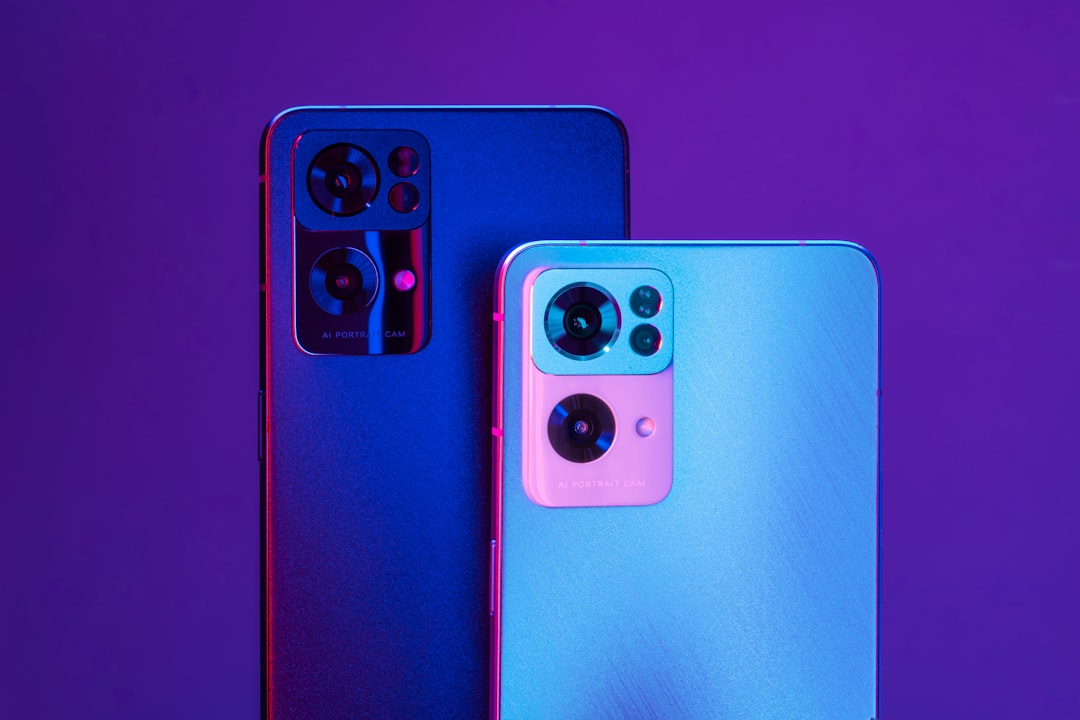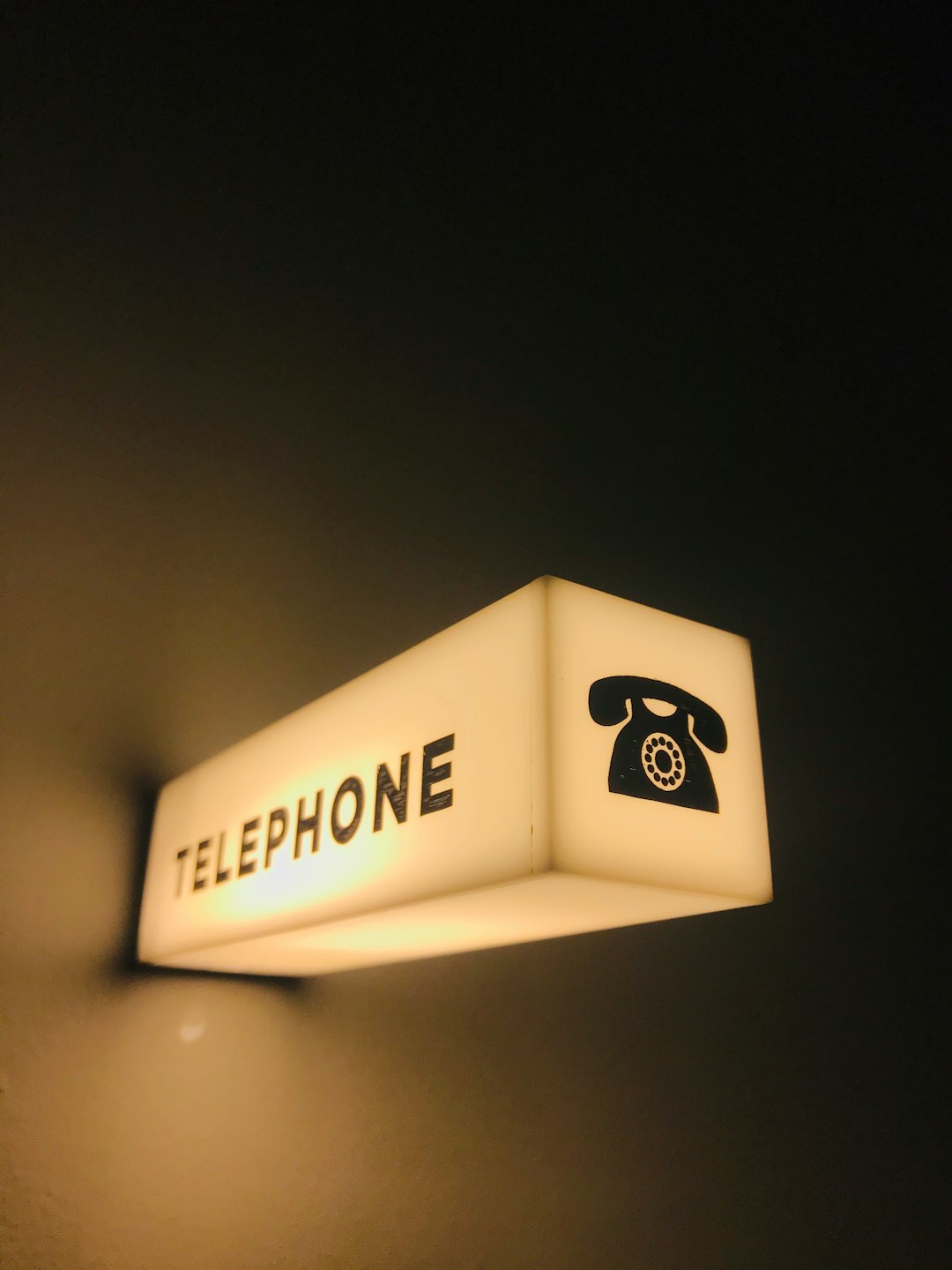Despite Maryland's "Do Not Call" law enforced by Do Not Call Lawyers Maryland, unwanted telemarketing calls persist due to an outdated manual system prone to errors and fraud. A blockchain-based pilot program aims to revolutionize this by creating a secure, decentralized registry of phone numbers, reducing intrusive calls for residents. This technology enhances data integrity, transparency, and consumer protection, empowering both clients and lawyers. However, challenges include data privacy concerns and infrastructure changes required for long-term adoption.
“Blockchain technology emerges as a potential game-changer in the realm of consumer privacy, particularly with Maryland’s pioneering pilot program for Do Not Call records. This initiative aims to address the challenges posed by the state’s Do Not Call Law, ensuring transparency and efficiency. By utilizing blockchain, the program promises enhanced data integrity and accessibility for both consumers and lawyers specializing in Do Not Call regulations in Maryland. This article explores how blockchain can revolutionize record management, its benefits, potential issues, and future implications on consumer protection.”
Understanding the Maryland Do Not Call Law and Its Challenges

In Maryland, like many other states, telemarketers are restricted by law to respect consumers’ “Do Not Call” lists. However, enforcing this legislation presents a unique set of challenges. The current system relies on self-reporting and manual verification, making it susceptible to errors, fraud, and inefficiencies. This not only hampers the effectiveness of Do Not Call laws but also poses difficulties for consumers who may still receive unwanted calls despite being registered.
The Maryland Do Not Call Law, enforced by Do Not Call Lawyers Maryland, seeks to address these issues through a innovative approach. By leveraging blockchain technology, the state’s pilot program aims to create an immutable, decentralized record of phone numbers on the Do Not Call list. This will enhance transparency and accountability, ensuring that telemarketers have access to accurate information in real time, thereby reducing the frequency of unwanted calls for Maryland residents.
Introducing Blockchain Technology for Enhanced Transparency

Blockchain technology has emerged as a game-changer in various industries, offering unprecedented transparency and security. When applied to the realm of Do Not Call records, it can revolutionize how Maryland’s legal professionals manage and verify client preferences. The traditional system often involves manual data entry and storage, leaving room for errors and making it challenging to ensure complete accuracy. This is where blockchain steps in as a robust solution.
By utilizing this technology, Do Not Call lawyers in Maryland can create an immutable and decentralized record of their clients’ opt-out choices. Each transaction or update is securely recorded on multiple nodes, ensuring data integrity and transparency. This means that clients can have peace of mind knowing that their preferences are not only protected but also easily verifiable by authorized parties. The blockchain’s distributed nature eliminates the need for centralized authorities, reducing potential biases and enhancing overall trust in the system.
How Blockchain Can Revolutionize Do Not Call Records

Blockchain technology has the potential to revolutionize Do Not Call records and lists, offering a secure and transparent solution for businesses and consumers alike. One such example is Maryland’s pilot program, which aims to transform how phone numbers are managed and protected. By utilizing blockchain, this system can create an immutable record of who has opted out of sales calls, ensuring that the data remains accurate and unaltered. This is particularly beneficial for Do Not Call lawyers in Maryland, as it provides a reliable source of information for enforcing do-not-call laws.
The distributed nature of blockchain means that instead of relying on centralized databases, which can be vulnerable to errors, hacking, or manipulation, the data is stored across multiple nodes. This makes it nearly impossible to tamper with, ensuring the integrity of the records. This technology can also streamline the process of opting out, making it easier for consumers to manage their privacy preferences and for businesses to comply with regulations.
The Pilot Program: A Step Towards Efficient Record Management

In a groundbreaking move, Maryland has initiated a pilot program aimed at revolutionizing record management for the telecommunications industry, with a specific focus on Do Not Call lists. This innovative approach leverages blockchain technology to ensure a transparent and secure system for maintaining consumer preferences. By utilizing a decentralized ledger, the program promises to streamline the process of recording and verifying customer opt-outs, providing a more efficient solution than traditional methods often plagued by errors and inefficiencies.
The pilot project, involving select Do Not Call lawyers in Maryland, seeks to demonstrate the potential of blockchain in reducing fraudulent activities and enhancing data integrity. With each interaction recorded on an immutable ledger, consumers can trust that their choices will be accurately reflected, empowering them to make informed decisions regarding telemarketing calls. This trial is a significant step towards modernizing record-keeping practices, offering a more transparent and consumer-friendly approach in the ever-evolving telecommunications landscape.
Benefits, Potential Issues, and Future Implications

Benefits:
The implementation of blockchain technology in Maryland’s Do Not Call records offers a promising solution for enhanced transparency and consumer protection. By utilizing a decentralized, immutable ledger, this system ensures that call history and user preferences are securely recorded and easily accessible. Do Not Call lawyers in Maryland can leverage this technology to verify compliance, as each interaction is accurately documented, reducing the potential for fraudulent activities. This pilot program has the potential to revolutionize how phone numbers are managed, empowering consumers and creating a more robust legal framework.
Potential Issues:
Despite its advantages, there are considerations to keep in mind. Data privacy remains a critical concern, especially with sensitive call records. Ensuring that only authorized parties can access this information while maintaining data security is essential. Additionally, the adoption of blockchain requires significant infrastructure changes and collaboration among various stakeholders, including telecommunications companies, legal firms, and government agencies. Overcoming these challenges will be crucial for the successful long-term implementation of this innovative Do Not Call management system.






